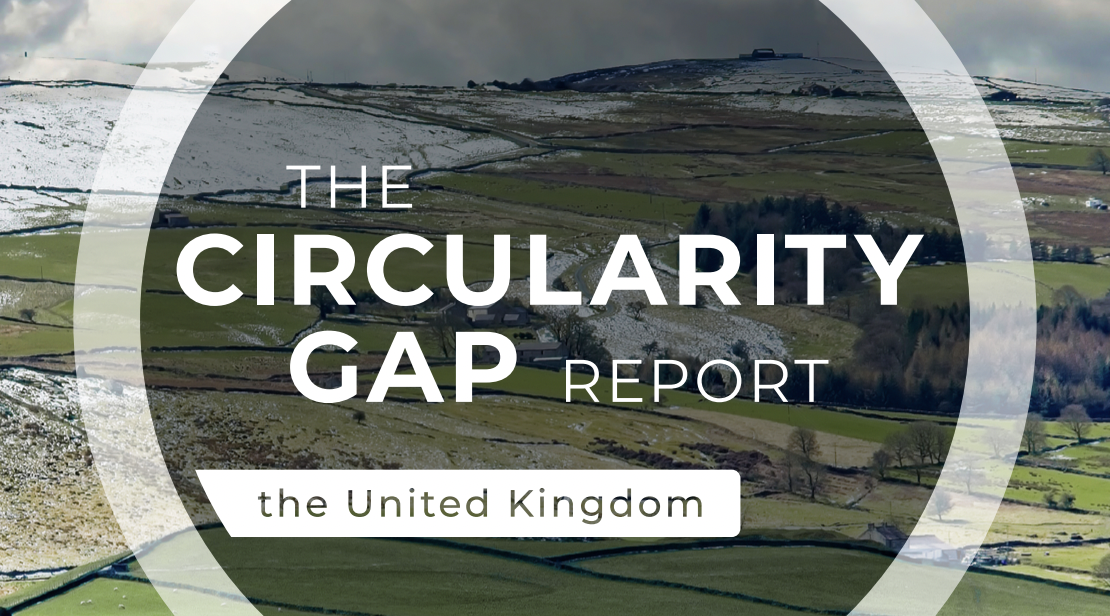Virtuous circles: how the circular economy can be a key driver of business growth
The application of circular principles offers significant potential for organisations to achieve corporate objectives, including value chain resilience, cost reductions, and net zero targets. Becoming more circular is a challenge that requires engagement from functions right across the business—from operations to finance and logistics. But it also provides a unique opportunity to become more innovative, experimental and collaborative. The current, predominantly linear, economy already poses risks for businesses—and these are only likely to increase over time. For example, supply chain risks, especially for some critical raw materials, are leaving businesses exposed.
Implementing a comprehensive circular economy package could add a total value of £75 billion to the UK economy, reduce 33 million tonnes of CO₂eq emissions per year directly related to UK product consumption and create up to half a million new job opportunities by 2030.
Authored by Circle Economy, the first UK Circularity Gap Report was created in collaboration with Deloitte and aims to provide a baseline and start a discussion among business, government, academia, and NGOs. The report has shown that the UK Circularity Metric sits at 7.5%—leaving a Circularity Gap of 92.5%. This means that the vast majority of material inputs to the UK economy come from virgin sources.

